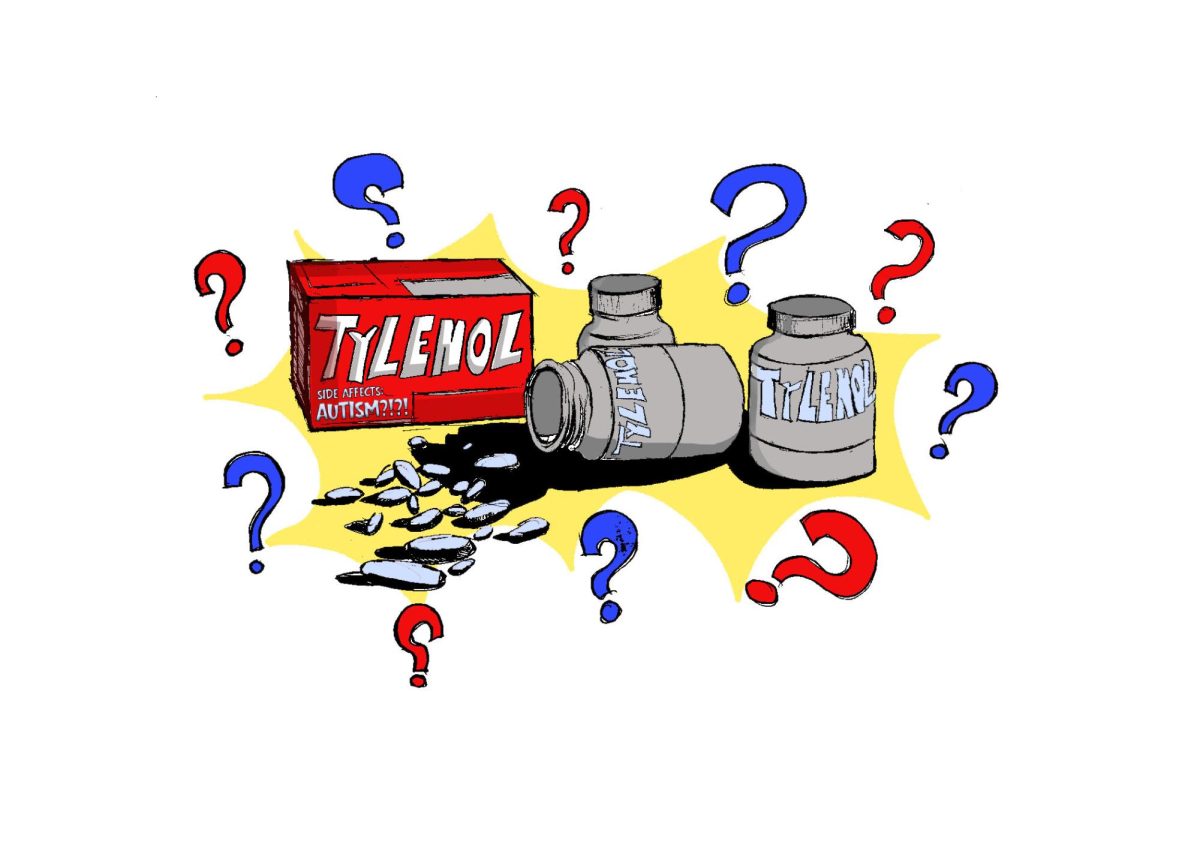Reasonable New Year Goals
January 16, 2018
It’s January, and even a few weeks after the new year people’s resolutions start to sputter out. “It was too hard,” “I’m just really lazy,” and “I totally forgot” are common reasons for dismissed goals. Every year, no one follows through with their goals. Yet, every year resolutions are shared over champagne and sparkling cider. Why?
One argument is that people feel forced to do them. In the week leading up to Jan. 1 popular social media accounts present their goals for the year and compel others to follow. Friends ask friends and family asks family. When answers to these questions come out blank, it simply starts a conversation about possible goals to choose from. However, by the time the ball drops, most goals are unreasonable.
For example, “I want to be happy” is a broad goal, because a lot of concepts feed into happiness. Emotional health, physical fitness, eating habits, vacation time, and social dynamics are only a few of the many topics related to overall happiness. A more attainable goal is, “I am going to work out every other day for at least an hour and write down my workouts over the course of 6 months.” This goal plays into happiness and can be completed. Another option would be to set many specific goals that can be completed and fall under the category of happiness. This way, the goal of happiness remains present and it can be met.
An unmeasurable resolution is also another reason goals sputter out. With a goal like, “I want to be happy,” there isn’t a system of measurement in place that is routine. Measurable goals are important to track progress and look back upon. For example, with a goal like, “I want to be in touch with my emotions, and everyday after school I will journal and write down my happiness level from 1-10 until I fill up this journal,” the writer becomes more in touch with their emotions as they continue to reflect upon them. They can also look back and see how they have progressed and bettered themselves.
Another important factor in a resolution is making sure the goal is attainable. For example, some people’s goals focus on things outside their control. So a goal like, “I want to make others happier,” isn’t attainable. A person’s happiness is dependent on themselves. Sure, support and friendship can help but in the end a person can only make themselves happy.
In addition to making goals attainable, keeping goals timely is also important. For example, “I want to be happy” says nothing about time. The idea is probably that for the rest of their life they want to be happy, but that is unlikely. Bad things happen and people must work through them. With something timely like, “I will do all my homework tonight so that I can go skiing over the weekend and be stress free,” the goal ends after the weekend and the result of the goal plays into overall happiness. Another similar goal can be set later to continue one’s happiness.
Lastly, why wait until the new year to make a change? For the year 2019, start your resolution tomorrow.
Many people wait until the beginning of the year to make a big change in their life. Why hesitate to make a difference in a year when a change can be made today. In the end, if someone hesitates or is reluctant to start their goal, is that goal even important to them?
Several Cleveland students said goals like, “I want to get better sleep,”, “I want to drink more water,” “gain new skills,” and “I want to better myself.” These are all great starts and ideas of change in one’s life. However, without a specific, measurable, attainable and timely goal there is a low likelihood of the goal being reached. To make a change in life, set a strong goal, stick to it and start today.













